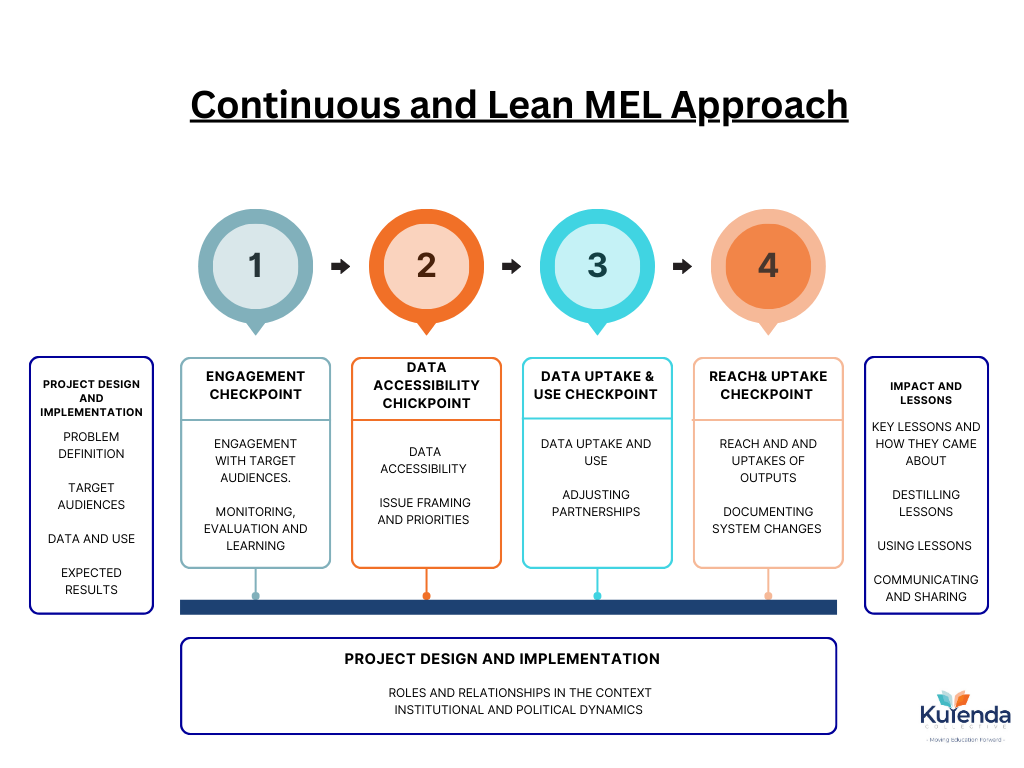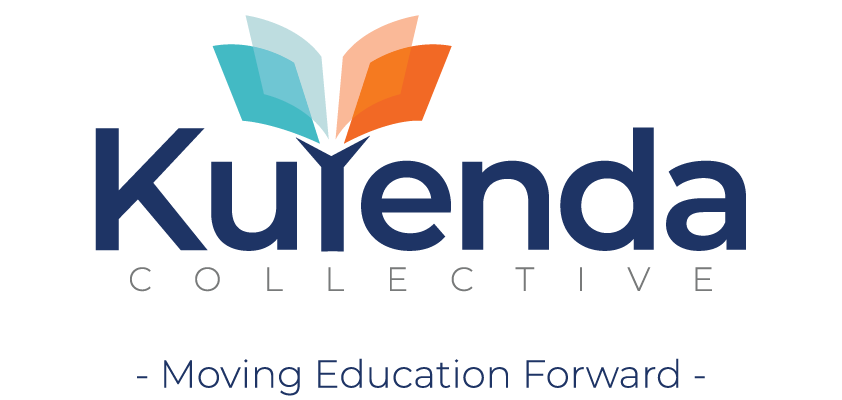Use of data for adaptive learning
In their Adaptive Learning Guide, USAID defines Adaptive Learning as the intentional adoption of strategies and actions to facilitate critical reflection and analysis of data, information, and knowledge—on a continuous basis and from a wide range of sources—to inform decisions that optimize program implementation and effectiveness in expected, unexpected, and changing circumstances.
Data plays a key role in any adaptive learning strategy. If incorporated from the beginning, it can shape the path the project takes based on actual evidence, and new data can inform crucial shifts throughout the implementation process. Monitoring, Evaluation, and Learning (MEL) activities, while important, are not always enough, either being too infrequent or too focused on whether outcome targets are being met. If used and interpreted correctly, data that supplements MEL can allow projects to pivot effectively at any point and lead to better outcomes.
Many organizations, particularly small ones with limited resources, do not have the capacity for formal MEL activities. In such cases, it is possible to adapt the Continuous and Lean MEL Approach created by the Transparency and Accountability Initiative for their Data for Accountability projects to any project with an adaptive learning approach.

If possible, data and evidence should be incorporated into project design from the beginning. This evidence can come from the system- and stakeholder-mapping exercises, stakeholder interviews and other field research, and simple desk research that can lead to a robust implementation strategy, informed by lessons from the field and from previous programs (yours or others), from the get-go.
It is also important to be able to adapt during implementation based on new evidence or shifts in political or system dynamics. The roles of and relationships between relevant stakeholders and institutions should be regularly monitored and assessed. Such changes could create new roadblocks to implementation or provide new opportunities, and effective monitoring can allow projects to respond to these new dynamics in the most effective or least disruptive ways.
Another tool is regular reflection throughout a project, including check-ins with partners, participants, and stakeholders. These provide an opportunity to assess how a project is going, how much progress is being made, and create a space where adaptation can be made based on feedback and evidence.
Finally, at the end of a project, it is vital to reflect on, distil, and share the lessons learned during implementation. Not only is this valuable to the implementing organization in designing future projects, but sharing it more broadly allows other organizations and stakeholders to learn those lessons as well, ensuring another data point is out there and available for others to use. In this way, using data to inform adaptive learning approaches has benefits that reach beyond just better outcomes for a single project.

